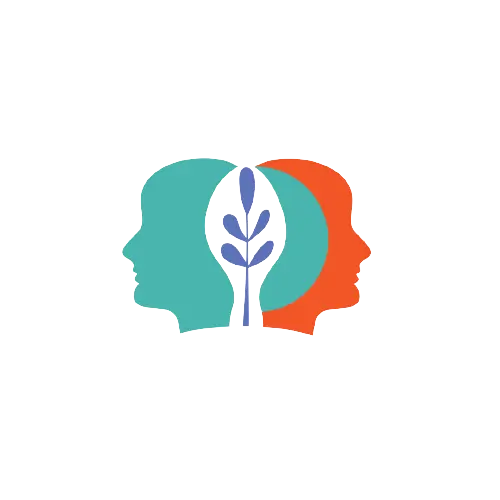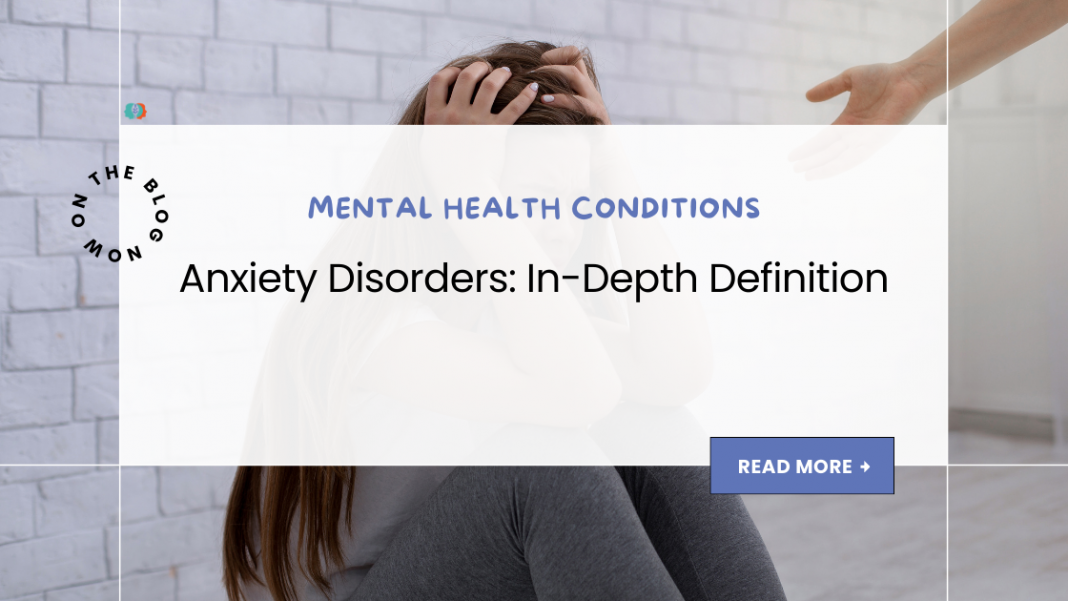Anxiety disorders encompass a group of mental health conditions characterized by excessive fear and anxiety. These disorders can significantly impair daily functioning and quality of life, making it vital to understand their various forms, underlying causes, and treatment methods.
Symptoms
Symptoms can vary widely depending on the specific type but generally include:
- Persistent Worry or Fear: Excessive anxiety about everyday situations.
- Physical Symptoms: Including rapid heartbeat, sweating, trembling, and fatigue.
- Avoidance Behavior: Avoiding places or situations to prevent anxiety.
- Panic Attacks: Sudden periods of intense fear or discomfort.
Recognizing these symptoms is crucial for early intervention.
Types
These disorders are classified into several types, each with distinct characteristics:
- Generalized Anxiety Disorder (GAD): Chronic anxiety, worry, and tension, even without stressors.
- Panic Disorder: Recurrent, unexpected panic attacks and fear of future attacks.
- Social Anxiety Disorder: Intense fear of social situations and being judged or embarrassed.
- Specific Phobias: Extreme fear of a specific object or situation.
Causes
The causes of anxiety disorders are complex and multifactorial, including:
- Genetic Factors: A family history of anxiety disorders can increase risk.
- Brain Chemistry: Imbalances in brain chemicals can contribute to anxiety.
- Life Experiences: Traumatic or stressful life events can trigger anxiety disorders.
- Personality Traits: Certain personality types are more prone to anxiety.
Diagnosis and Testing
Diagnosing an anxiety disorder involves:
- Psychological Evaluation: Discussing symptoms, thoughts, feelings, and behavior patterns.
- Medical Examination: To rule out underlying medical issues that might be causing symptoms.
- Standardized Questionnaires: Tools to help assess the severity of anxiety.
Treatment
Treatment for anxiety disorders often includes a combination of psychotherapy and medications:
- Psychotherapy: Cognitive-behavioral therapy (CBT) is commonly used to treat anxiety disorders.
- Medications: Including antidepressants, anti-anxiety medications, and beta-blockers.
Lifestyle changes and coping strategies are also integral to managing anxiety.
Small Tips for Coping with Anxiety Disorders
Daily strategies can significantly aid those dealing with anxiety:
- Stress Management: Techniques like mindfulness and relaxation exercises can help.
- Physical Activity: Regular exercise can reduce anxiety symptoms.
- Supportive Relationships: Talking with friends or joining a support group can provide relief.
- Healthy Habits: Maintaining a balanced diet and getting enough sleep are important.



